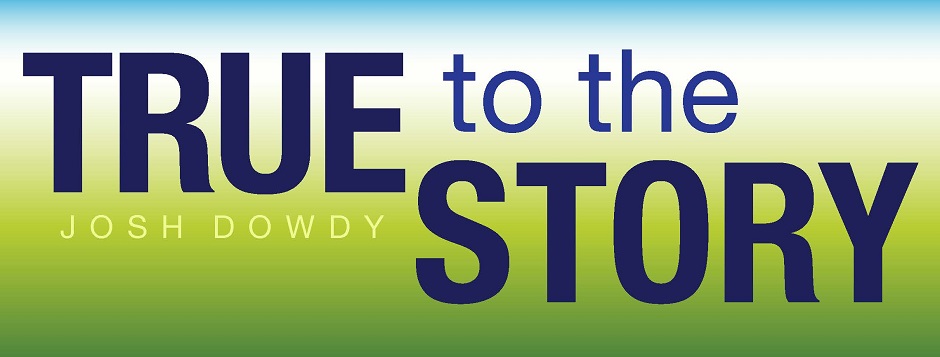The weirdest part was the recorded message after the service. A familiar voice used an airport tone to tell us to get out—the sooner you get out, the sooner the people who have to clean all the pews can go home. She didn't actually say that. Maybe she should have.
Our church even asked us to leave the whole building immediately. I get it, but that's a hard ask. Visiting—next to singing with people singing all around you—is the chief difference between worshiping at church and watching at home. We stopped for just one conversation in the lobby, and I was rushing us through that one. I try to play by the rules, I guess.
How Long?
In the service I found myself wishing we would celebrate communion. That was the last thing we were going to do. But, it would be the first thing to do if we were going all the way from watching in homes to worshiping in one house. Going all the way was never the plan for the first Sunday back. When will it be? That reminds us of the psalmist's inquiry, How long?How long, O Lord? Will you forget me forever?
How long will you hide your face from me?
How long must I take counsel in my soul
and have sorrow in my heart all the day?
How long shall my enemy be exalted over me? (Psalm 13:1–2)
Sure, I know it isn't as bad as that. For one thing, we're the ones hiding our faces. If we worship in person, but file in and out like automatons, are we living with the virus, or hiding from it? Granted, I don't bear the burden of making these decisions for my church. I imagine those who do would say, Yes, we're living with the virus; hiding from it is telling everyone to stay home.
What Do We Do?
I guess I'm feeling ready to live in spite of the virus. That I feel as such doesn't make it wise. So, what do we do?
We look to heaven and say, How long? How long until the Spirit gives our leadership confidence that it's time to meet and greet? We trust our leaders to listen to the Spirit for that guidance. In the meantime, some of us will wear mask, and some of us won't—liberty in the non-essentials, right? It's the same policy we've always had for instructions like this one:
Greet one another with a holy kiss.
(2 Corinthians 13:12)
Greet one another with a holy kiss.
(2 Corinthians 13:12)
Follow the bikes to the book!













